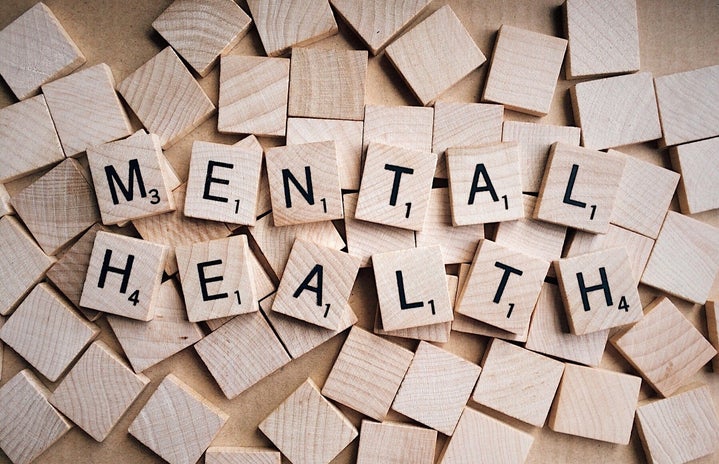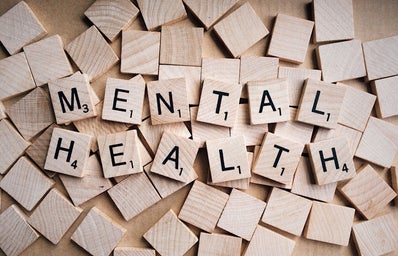In my junior year of high school, I noticed something about myself felt off. I chalked it up to just the stress of a heavy course load. After all, junior year is notorious for being the most difficult. For a few months, I convinced myself that was all it was, just the stress of school taking its toll on me. I don’t know if I really thought that’s all it was, or if I was more afraid to admit that it could be something more.
I tried my hardest to make myself believe the stress I was experiencing was normal. But it wasn’t. A typical day for me consisted of little to no sleep because I was up all night with my mind racing, creating nightmarish scenarios that were not real. It consisted of sudden debilitating fear that the people I loved were in immense danger or that I had done something wrong to make my friends no longer want to be around me. It consisted of panic attacks. During which I would become so consumed by whatever anxious thoughts were in my brain that I would hyperventilate, cry uncontrollably, and become frozen in the fear.
After about a year of this cycle, I began trying to put a name to whatever was happening to me. By researching and taking some less than reliable online quizzes, I landed on generalized anxiety disorder.

The logical next step here was to go to a doctor, get officially diagnosed, and hopefully find a way to cope better than I was. But… that didn’t happen for another year. Why? Let’s talk about it.
Mental health and mental illness have such a negative stigma surrounding them. Let’s talk about that word: stigma. I see it thrown around a lot, but what does it mean? By definition, a stigma is “a mark of disgrace” associated with something like mental illness. I believe this stigma is still very much alive, even in the arguably progressive time we are currently in. People have told me to deal with my anxiety by “not being stressed” and to deal with my depression by “being happy.” Trust me, I wish it were that easy, but it just isn’t.

Living with anxiety, in my experience, feels like I am being chased. That I am running as fast as I possibly can to get away from the monster coming for me, and if I stop or slow down, I will not make it. It feels like I am drowning in the ocean, gasping for air until the waves pull me under again. It feels like a never-ending fight that is impossible to win.
I did eventually go to a doctor, get an official diagnosis and begin taking medication. I wish I could tell you I was “cured,” but I am not. Honestly, I may never be “cured” from anxiety. But I am better. My panic attacks are much less frequent. The debilitating fear is less constant, and I know that my anxiety does not define me. It has helped (forced) me to become as strong as I am today, which has translated to other areas of my life.
Being someone who struggles personally with mental illness, I am a huge mental health advocate. Nobody should ever feel ashamed about treating a mental illness the way a physical illness would be treated. I do my best to be real, raw and honest about my mental illness so that I can potentially help anybody who feels like I did, that nobody in the world understands. Take care of your mind, people!



